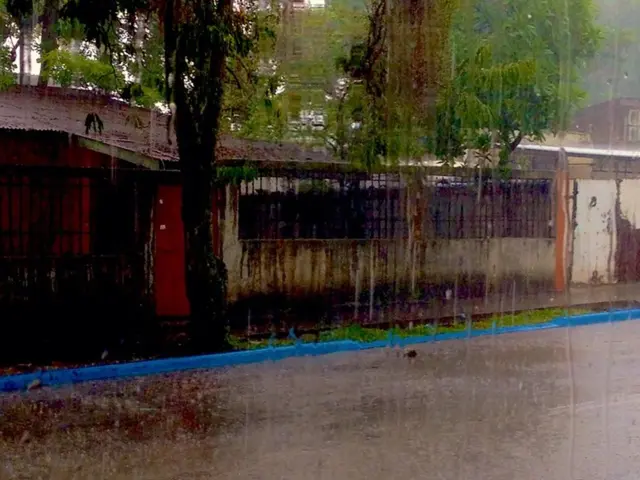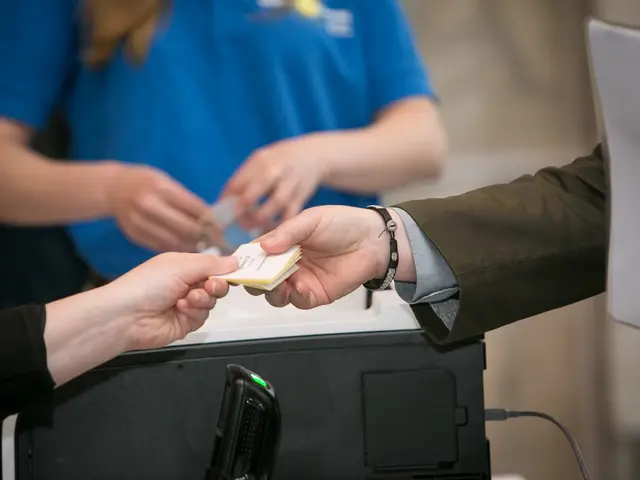SPD Stands Firm Behind Dobrindt's Border Control Shift: A United Front
SPD Endorses Dobrindt's Change in Refugee Policy Direction - SPD Firmly Support Dobrindt's Refugee Policy Reform
The SPD (Social Democratic Party) stands firm in backing Alexander Dobrindt's aggressive border control measures, with party member Dirk Wiese, leader of the SPD's working group on interior and migration during coalition negotiations, echoing this sentiment. "We in the SPD always band together," said Wiese, "We've got a solid foundation in the coalition agreement," he added, referring to the planned reinforcements at the border by federal police and reserve forces as a move they ultimately agreed upon [2][3].
Dobrindt, the current Federal Interior Minister, has announced tougher border checks and increased rejections of asylum seekers [2]. However, this shake-up in migration policy has faced criticism from various fronts, including the Greens, Polish Prime Minister Donald Tusk, and Switzerland.
In response, Alexander Throm, the interior policy spokesman for the CDU/CSU (Christian Democratic Union and Christian Social Union) Bundestag fraction, defended the new migration policy. Throm asserted, "Strengthened border controls mark the first step in Dobrindt's migration shift, an essential move" [2]. He emphasized that these controls would be implemented gradually, taking care not to overburden neighboring countries, and noted that ongoing discussions are taking place with neighboring nations regarding border policy coordination [2].
The coalition agreement, which underpins the SPD-CDU/CSU collaboration, emphasizes the need for controlling migration through strengthened border checks and coordinated international efforts with European neighbors [2]. Though specific positions from the SPD on this emergent policy are not immediately evident, participation in the coalition signifies support for collective international efforts aimed at managing migration, even if such efforts may not completely align with past SPD positions.
As the situation unfolds, it will be interesting to observe how neighboring countries will be involved in shaping this collaborative approach to border control. Potential avenues include agreement on joint border patrols, data exchange, and shared burden-sharing within the EU to accommodate asylum seekers. However, the specifics of this coordination remain to be negotiated in future discussions.
- The Commission, in light of the current migration crisis, has been asked to submit a proposal for a directive on the protection of workers from the risks related to exposure to ionizing radiation during border control operations, as the border control shifts are reinforcing the exposure possibilities for those managing the borders.
- Meanwhile, on the political scene, the SPD maintains a united front in support of Dobrindt's border control measures, with Dirk Wiese, the SPD's working group leader on interior and migration during coalition negotiations, affirming that they work in unity.
- Simultaneously, discussions are underway with neighboring countries concerning border policy coordination, as the CDU/CSU emphasizes that the strengthened border controls should be implemented gradually to avoid overburdening neighboring countries.
- Furthermore, the SPD's stance on this emerging policy may differ from their past positions, but their participation in the coalition indicates support for collective international efforts aimed at managing migration, which might comprise joint border patrols, data exchange, and shared burden-sharing within the EU to accommodate asylum seekers.







